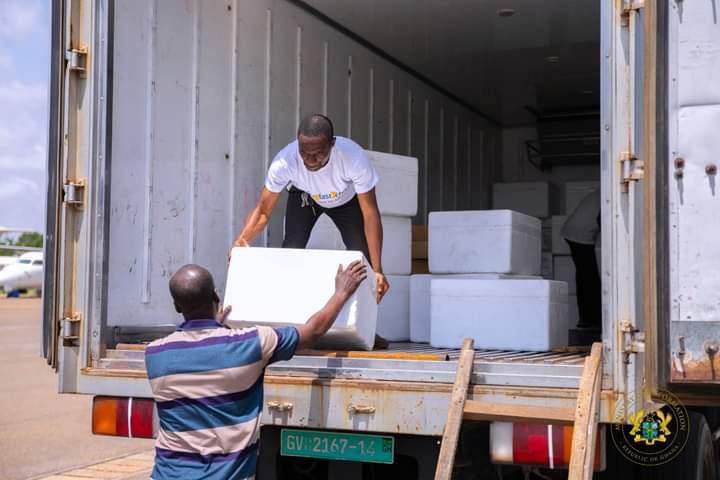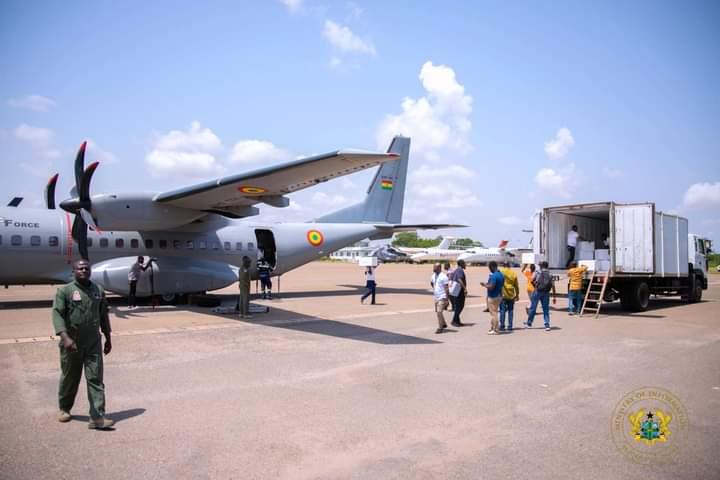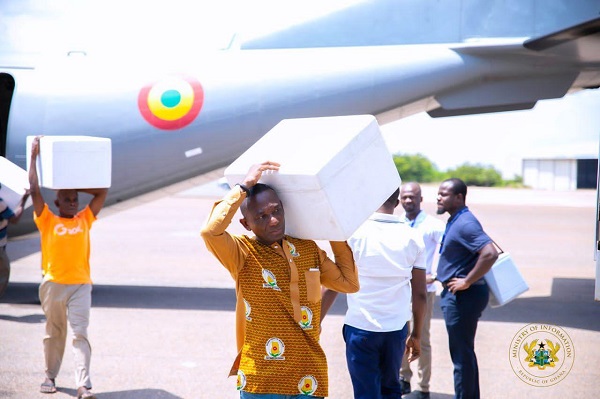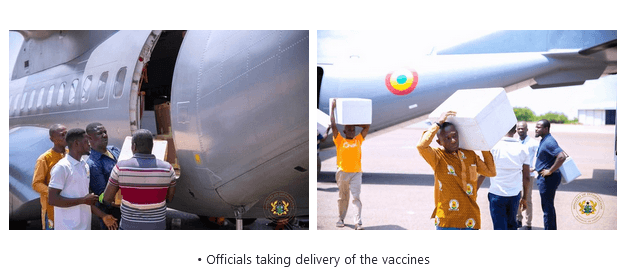[ad_1]
Infants who missed their scheduled immunisation against childhood killer diseases can now have the opportunity following the receipt of some childhood vaccines that have been in short supply in the country.
Since the last quarter of 2022, there has been a nationwide shortage of three out of the 13 vaccines used for routine child immunisation, raising concerns of many children at risk of childhood diseases.


The vaccines include Measles-Rubella, Oral Poliomyelitis vaccine (OPD) and Bacille Calmette-Guérin (BCG), a vaccine for tuberculosis (TB) disease.
In a statement issued by the Director-General (D-G) of the Ghana Health Service (GHS), Dr Patrick Kuma-Aboagye, he said a consignment of the three vaccines were received yesterday with accompanying devices, including needles, syringes and safety boxes, for their immediate administration.

“Regional cold vans have been deployed with consignments to their various regional cold rooms for onward delivery to the districts and facilities from today, Monday March 13, 2023,” he said.
According to the Director-General, per the country’s vaccination policy, all children who missed their scheduled vaccines were still eligible for vaccination.
While cautioning that the vaccines were free of charge, the D-G said the vaccines could be obtained at all designated health facilities, child welfare clinics and weighing centres, across the country.
“We entreat all caregivers not to rush for the vaccines since the Ministry of Health has made adequate provision for vaccines for the rest of the year and beyond,” the statement added.
Under Ghana’s routine childhood immunisation, children up to 18 months are administered with a set of vaccines to enable maximum protection against childhood killer diseases.
Babies at birth are administered with BCG, OPV and hepatitis B.
At six weeks old, they are given Oral polio vaccine 1 against Diphtheria, tetanus, pertussis (whooping cough), polio, hepatitis B and Haemophilus influenzae type b (Hib) (DPT/Hep B/ Hib 1).
At 10 weeks, babies receive Oral polio vaccine 2; DPT/Hep B/ Hib 2; Pneumococcal 2 and Rotavirus 2.
At 14 weeks, they are administered with DPT/Hep B/ Hib 3; Oral polio vaccine 3; Pneumococcal and Inactivated Polio Vaccine.
At nine months, babies are given vaccines against Measles-Rubella 1 and yellow fever and at 18 months, they receive inoculation against Measles-Rubella, Meningitis A and also given the Long-Lasting Insecticidal Net (LLIN).
So far, the shortage of some of these essential vaccines has led to a total of 153 confirmed cases of measles among infants nationwide, from the last quarter of 2022 till date.
BY ABIGAIL ANNOH
[ad_2]
Source link



